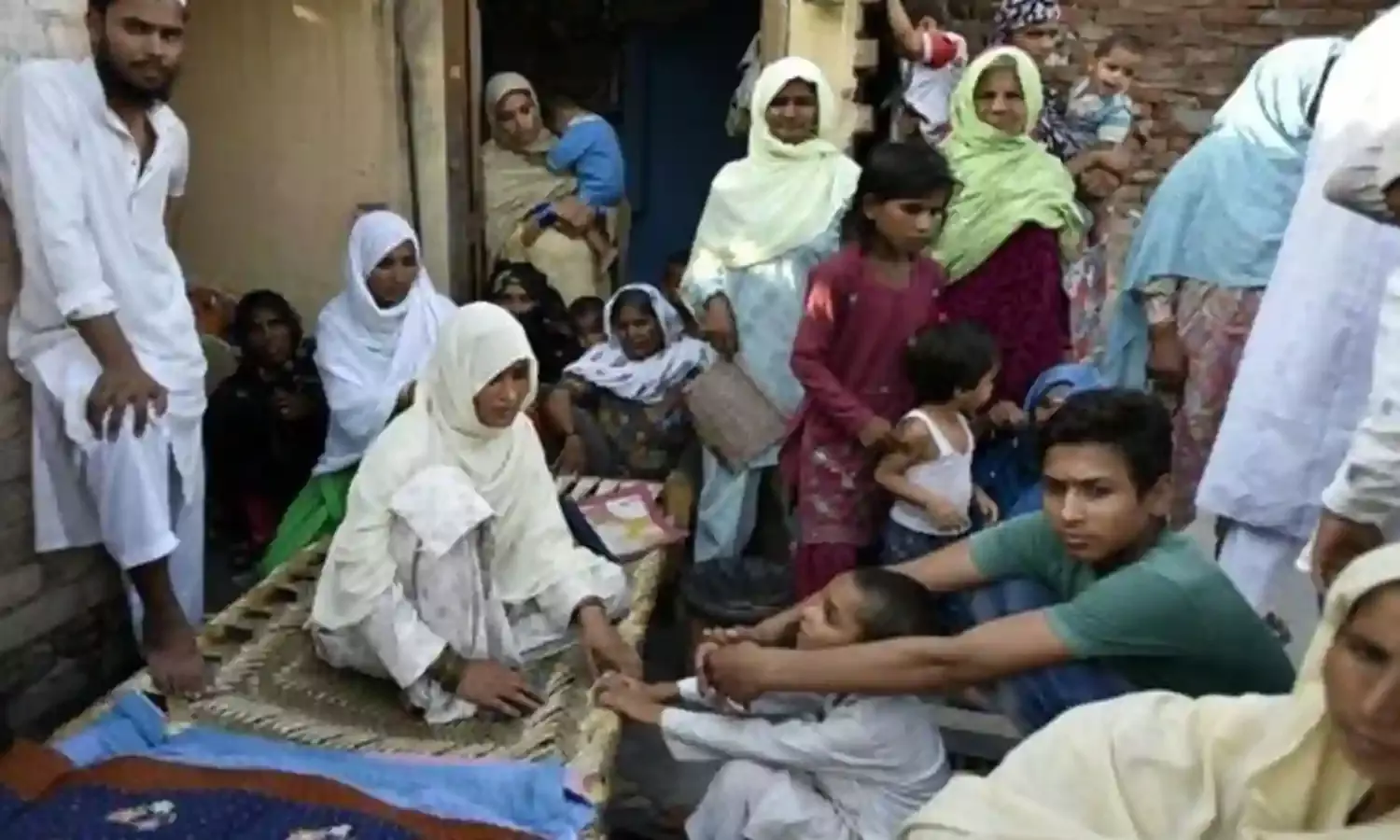‘No One Should Die The Way My Son Did’
Lynch Nation by Ashfaque EJ and Shaheen Ahmed

NEW DELHI: ‘We don’t know them, we don’t have any clash with them,’ says Saira Banu, whose son Junaid Khan was butchered by a mob. Only 16 years old, Khan was stabbed to death on board a moving train while returning home to Faridabad. His brothers Hashim and Sakir were seriously injured.
Their attackers committed the crime in broad daylight on June 22 last year.
Asked how she was coping with the tragedy, Saira told The Citizen, ‘One has to live life. But if death is written for me, I shouldn’t die this way. My son should get justice. Initially people were very supportive, but now they won’t even talk to us or show their faces anymore. I feel, people just lie to you.’
Khan’s mother has spent most of her life travelling from her maternal home to her in-laws’ place. But now she must run from pillar to post demanding justice for her son. She cannot think about anything but her loss.
She said her heart aches for justice. ‘While people are discussing Dalits, Muslims and minorities, it’s not about them. The people who are killing aren’t sparing anyone. They are killing whomever they want, and killing in the “name” of Muslim or Dalit is a mere excuse to them.’
Since the incident, nobody in the family has recovered enough to work properly. Nothing seems to have gone back to normal. The education of Saira’s children has suffered acutely.
Junaid's father Jalaluddin Khan said that sometimes they are terrified; Saira on the other hand emphasises that she isn’t afraid of anyone, but fears for the safety of her children.
Initially, they said, the case was taken to the lower court in Faridabad. Later, in the High Court it was dismissed and all the accused were granted bail.
‘The people involved in the killing of my son have all been granted bail. If they won’t stop bailing them out then how will one stop the crime?’ Saira asked.
Despite this setback Khan’s family is adamant on getting justice, for this horrifying murder in the name of religion. The case is now in the Supreme Court.
‘I look forward to getting justice. I know I have a long way to go for it and the journey won’t be easy, but I won’t give up. I have to fight to win,’ Saira told The Citizen.
Organised lynching in contemporary India, of Dalits and Muslims primarily, has evolved into a form of ‘cultural genocide’. The documentary film Lynch Nation traces stories of mob lynching in rural north India over the past few years. Directed by Ashfaque EJ and Shaheen Ahmed, the film acquaints viewers with accounts related by lynch victims’ family members.
Narrating his ordeal in the film, Junaid Khan's brother Hashim, who was also attacked, relates how the attackers called him and his brothers ‘Mullah, Pakistani, traitor and beef eater’ because of their attire. They pulled off the young men’s caps and that’s how it began.
In this case too, true to Bollywood style, the police arrived on scene only when everything was said and done. Speaking at a discussion after a recent screening of the film in New Delhi, the journalist Amit Sengupta, who has followed many lynch crimes, said that most incidents of mob lynching were ‘organised murders. They show off their open power. What matters in a lynching, whether in America a century ago or in India today, is the public, almost orgiastic nature of the violence. It is a majority’s way of telling a minority that the law cannot protect it.’
Lynch Nation is a rare opportunity for us to listen to what the lynching victims’ families have to say. The documentary unravels the injustice minorities are facing in the name of communal hatred and cow vigilantism. It highlights the plight of the innocents who are the victims of such clashes.
Ashfaque and Ahmed intend to screen the documentary in various public places. They are also planning to submit it to film festivals and maybe even release it online.



